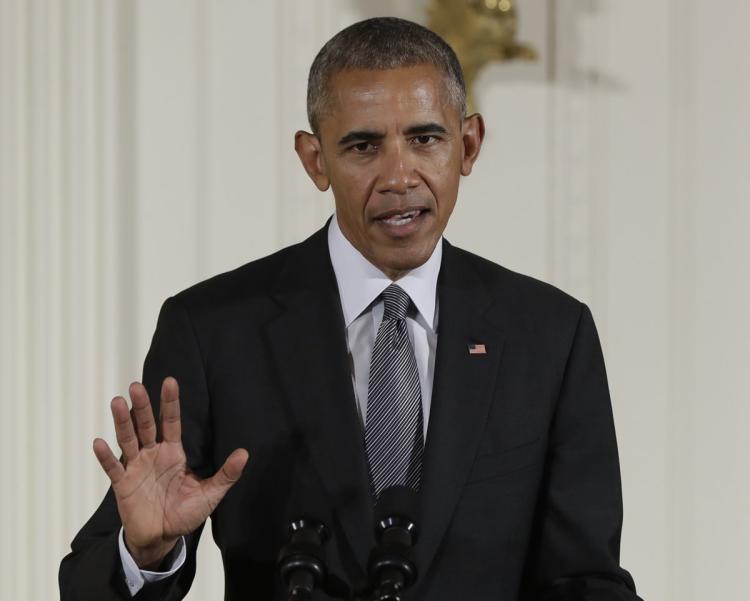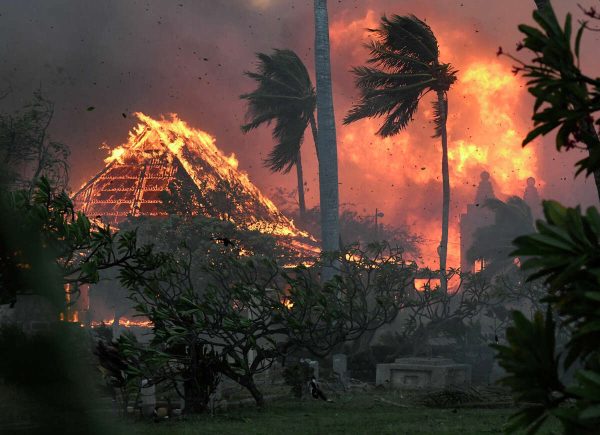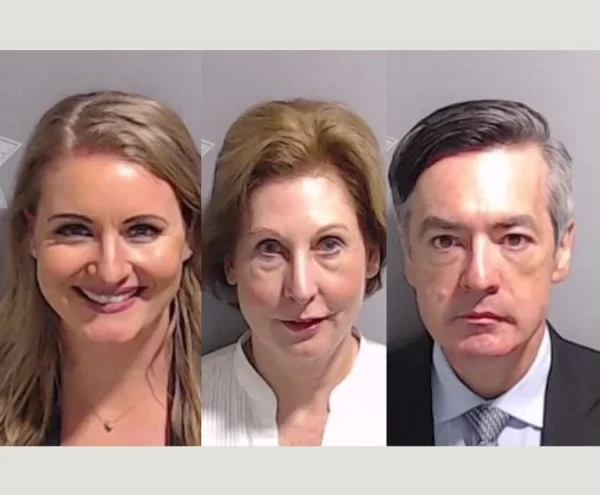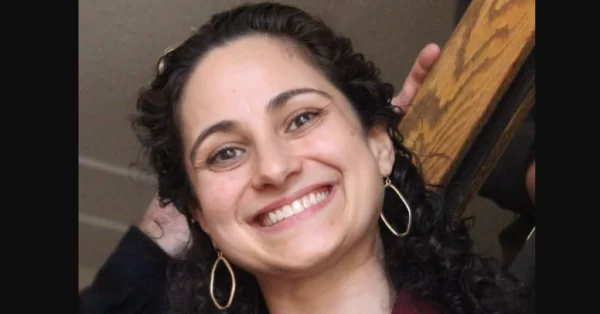Obama vetoes JASTA
On Sept. 28, 2016, the Justice Against Sponsors of Terrorism Act (JASTA) became law after passing in the Senate after a vote of 97-1 and in the House of Representatives after a vote of 348-77 in favor of overriding President Barack Obama’s veto of JASTA made on Sept. 23, 2016.
The JASTA was introduced into the United States Senate as a response to the continued pursuit of justice for death and injury caused by the September 11th terrorist attacks.
On Tuesday, September 11, 2001, 19 men, a part of the Islamic terrorist group, al-Qaeda, hijacked four American passenger planes: two of these planes targeted and successfully crashed into the North and South towers of the World Trade Center in Manhattan in New York City; another targeted the Pentagon building in Arlington County, Virginia; the final plane was planned to target the White House in Washington D.C., but instead landed in southwestern Pennsylvania.
There have been a total of 2,996 American lives lost as a result of the collapse of the World Trade Center: a total which consists of American airline passengers and civilians, the responsible terrorists, and firefighters, military personnel, and law enforcement officers who have risked their lives in rescue efforts, or have died from related injuries or illnesses sustained following the event.
As a result of the events of September 11th, under the leadership of the former President George W. Bush, the United States entered into the war in Afghanistan, after citing intelligence which acknowledged the role of Osama Bin Laden of the al-Qaeda terrorist organization in the planning, funding and coordination of the 9/11, terrorist attacks. The United State’s entry into the Iraq War in 2004 was said to be influenced by 9/11, as well.
Of the 19 male hijackers of the four American passenger planes on 9/11, 15 are reported to be of Saudi origin or connection. This fact has led investigators to question the possible role of the Saudi government or Saudi public officials in sponsoring terrorist operatives and organizations, either in the form of military supplies and intelligence, or in financial assistance.
But, the Saudi government still denies any role in the 9/11 attacks. Also, the committee created to investigate the events of 9/11 has found no evidence that the Saudi government or its officials participated to any extent.
The purpose of JASTA is written inside of the act itself as, “to provide civil litigants with the broadest possible basis, consistent with the Constitution of the United States, to seek relief against persons, entities, and foreign countries, wherever acting and wherever they may be found, that have provided material support, directly or indirectly, to foreign organizations or persons that engage in terrorist activities against the United States.”
Congress believes JASTA will allow the victims and the families of the victims of the 9/11 attacks to seek justice in civil American courts. This is thought to take the form of financial compensation for the death of relatives, injuries, or property damage.
In a veto letter written on Sept. 23, 2016, President Obama gives an explanation of the legal difficulties and political consequences that would arise from signing JASTA into law.
In this letter, President Obama makes his sympathy for the victims and their families clear. The president also states that his administration has made many efforts to provide for them in pursuit of justice. “Enacting JASTA into law, however,” Obama states,”would neither protect Americans from terrorist attacks nor improve the effectiveness of our response to such attacks.”
The concept of sovereign immunity, which entitles foreign diplomats and officials to legal protections in the courts of other countries, has become an essential component of international law. To prosecute foreign governments and non-U.S. citizens in the American court system for civil cases, would set the precedent for other governments to pass similar legislation in their own countries. The United States’s expansive range of global interests and assets could then become subjected to private litigants and courts, as America has a larger international presence than all other nations. U.S. diplomats, and military officials and personnel could be subjected to lawsuit, as well.
The president’s main argument is that rather than strengthen the protection of American citizens, the JASTA bill will expose or harm the United State’s interests, possessions, officials, and other personnel in foreign nations and states who will no longer be immune to the laws of those places they work or reside in.
Currently, American citizens are allowed to sue the nations of Iraq, Syria, and Sudan for sponsoring terrorism because of the political and social states of those nations. But such designations are only allowed after review by many different government agencies, officials, and experts in national security and foreign policy.
Supporters of JASTA feel that it is unrealistic to assume removing the concept of sovereign immunity will suddenly lead to a massive amount of lawsuits against the U.S government in retaliation. Supporters also feel that it is important for victims to be seen and heard in the judicial system. By holding all parties involved responsible for acts of terrorism, supporters believe that greater accountability will lead governments and organizations to be more diligent when negotiating and signing certain agreements with questionable groups and individuals. The act of selling and trading weapons affects people in less stable areas of the world where such weapons can be easily distributed to groups that will use them to commit acts of terrorism.

I am in 12th grade. I would like to study political science at the post-secondary level. I chose to study journalism because the critical thinking and...














Deborah Coretto • Oct 25, 2016 at 1:32 pm
This news article was well written and effective in helping me to understand JASTA. You clearly explained both sides of this topic. Well done, Christian